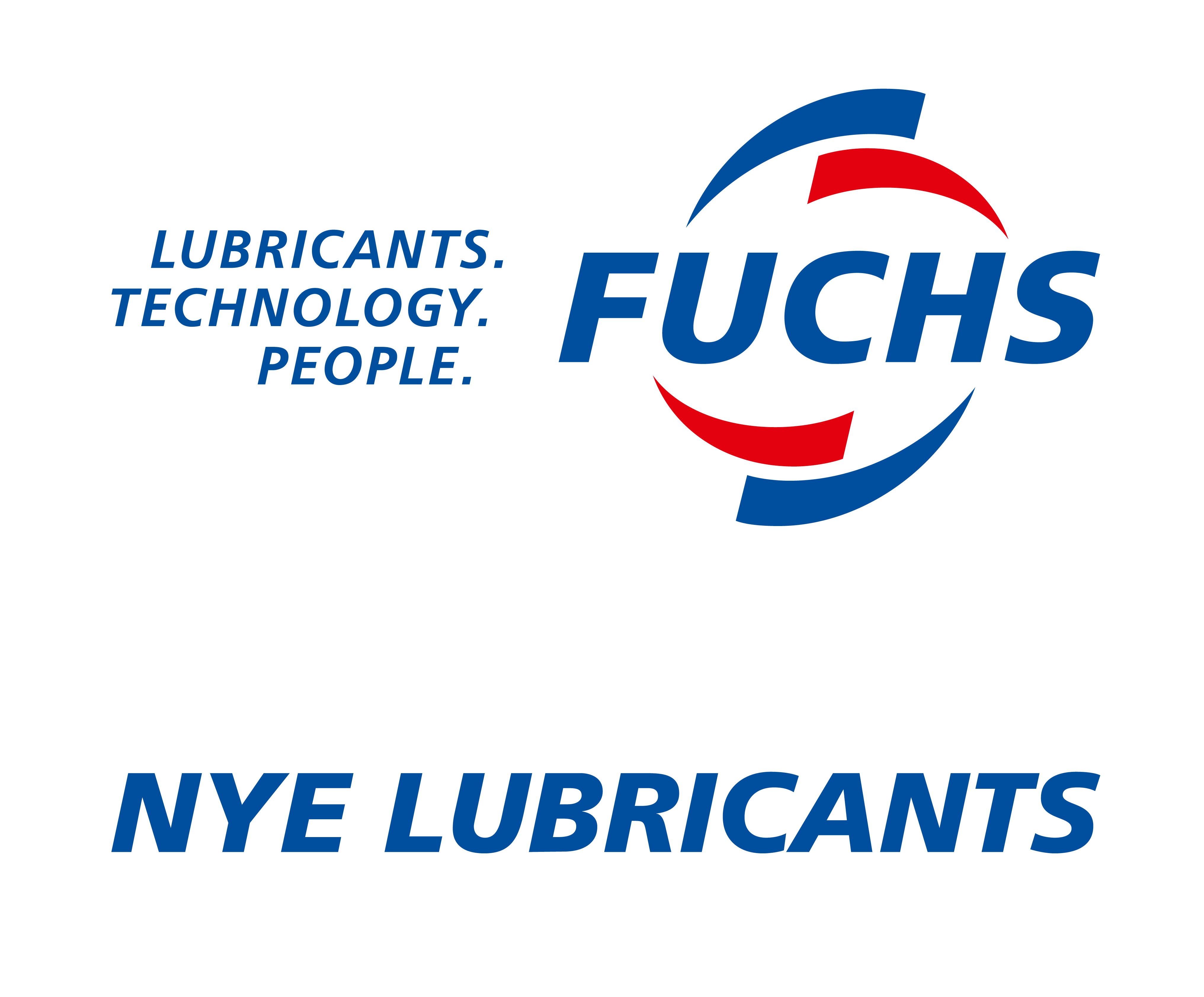Myths & Facts About Medical Lubricants

Not all lubricants are suitable for medical applications. To help you reduce risk and pick the right lubricant for your application, we’ve debunked the most common myths surrounding medical lubricants.
FACT: An official medical-grade certification does not exist for lubricants. Nye Lubricants is ISO 13485:2016 certified. The ISO 13485:2016 certification specifies requirements for a quality management system adopted by an organization which needs to demonstrate its ability to manufacture medical devices, and provide related services, that consistently meet customer and regulatory requirements applicable to medical devices.
The primary objective of ISO 13485:2016 is to facilitate harmonized medical device regulatory requirements for quality management systems. This will define how a medical device will be manufactured including qualification and risk assessment at every stage, utilizing a failure mode effect analysis or FEMA.
Nye became ISO 13485 certified in 2015 to reassure our customers that our gels and fluids are manufactured to the same standards as medical devices. Nye is currently the only lubricant company to hold this certification.
FACT: Per the FDA, food-grade lubricants are only approved for incidental food contact up to 10 ppm. They are not required to pass biocompatibility tests like ISO 10993 that ensure a lubricant can safely come into indirect contact with the skin or body cavity. Our NyeMed® product line is backed by ISO 10993 Cytotoxicity, Skin Irritation, and Acute Systemic Toxicity data to reduce risk for our customers.
FACT: In addition to improving the longevity of your application, lubricants can also improve the performance and perceived quality of your application. Dirt and debris can build up on components and accelerate wear between moving parts. This can create reliability issues. For example, if debris were to form on the surface of a connector, it would eventually accelerate wear and cause connectivity issues. Grease creates an environmental seal and prevents the debris from reaching the component surface.
Motion control greases can also give greater control to the speed and consistency at which components move, making it an ideal solution for drug delivery devices. Since grease reduces friction, it also in turn reduces any noise, vibration, and harshness that may be off-putting to users.
FACT: Properly selected lubricants improve device performance and biocompatibility testing helps mitigate risks to the manufacturer, device user and the patient. Nye fully qualifies all NyeMed® products and uses the ISO 13485 requirements to complete a comprehensive risk assessment that informs the development of manufacturing procedures, specifications, and tolerances. These processes are strictly followed and documented throughout manufacturing. Upon request, our lubricants can also be validated in our Application Development and Validation Test Laboratory where our engineers can simulate the operating conditions of your application and evaluate lubricant performance.
FACT: In the United States, government agencies do not regulate medical device material suppliers. However, selecting a lubricant designed for and tested to device standards can help reduce risk to device approval. Nye sources materials from our Approved Supplier List which have been selected after a diligent on-site audit.
Want to learn more? Visit our NyeMed® page or Contact Us.


